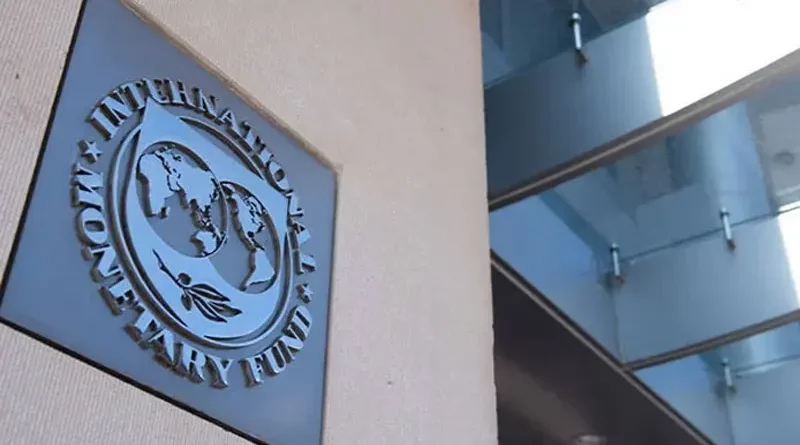IMF wants 18% GST on top of PDL on petroleum products
ISLAMABAD: The International Monetary Fund (IMF) has recommended applying the same rate of Federal Excise Duty (FED) on locally manufactured cigarettes regardless of whether the manufacturer is local or foreign and slapping Petroleum Development Levy (PDL) on machinery input polluting the environment.
The IMF has also asked the Federal Board of Revenue (FBR) to progressively raise excises on domestically produced cars and luxury goods such as yachts and increase border control to avoid smuggling of oil derivatives, especially from sensitive areas. The Fund also recommended the FBR to tax e-cigarettes in a similar way to tobacco given equivalent internality.
“In the medium term, once revenue has gone up then there is a need to consider reducing the number of items by eliminating federal excise duties that have none of such features including negative externalities; large revenue potential; very inelastic demand; or luxury aspects,” the IMF has shared its policy prescriptions with Pakistani authorities in Technical Assistance Report with the Pakistani authorities. The IMF says excises are levied on a variety of items including tobacco, aerated drinks, motor cars, cement, telecommunication services and petroleum and natural gas products.
With regard to excise on petroleum products, the Petroleum Development Levy (PDL) is amounted to 0.7% of GDP in FY2023. The other excises accounted for 0.4% of GDP in revenues mostly from FED on cigarettes. The PDL fluctuated in recent years but was substantially increased in FY23. In July 2022, the PDL rate for petrol was Rs20 per litre. This was increased in steps from Rs50 per litre in November 2022 to Rs60 per litre in September 2023.
The IMF says another policy change is that petroleum products have been exempted from Sales Tax since March 2022. While the revenues from the Sales Tax are shared with the provinces (under the NFC Award), the PDL stays with the federal government, the IMF further explains. Despite a substantial increase in the PDL rate, taxation of petroleum products has declined since 2019. The total rate of taxation on petrol was 29% of the sale price since 2019 (14.5 both for PDL and Sales Tax).
In September 2023, taxes were made out of 19.6% of the sales price. “The relatively low rate of taxation of petrol is also reflected in the sale price relative to other countries,” the IMF pointed out and cited an example that in selected neighbouring countries and emerging economies, the average 2023 price of gasoline at the pump was $1.12 per litre against $0.97 per litre in Pakistan. The retail price for diesel in 2023 was equivalent in Pakistan and certain comparators at an average price of $1 per litre.
The IMF report further says that eliminating the exemption for petroleum products (POL) under the Sales Tax would increase prices by 18% with the standard rate of General Sales Tax. “This would place gasoline price just above the average for neighbouring countries and emerging economies,” the Fund report says.
Similarly, the FED rates on tobacco products gradually increased between 2019 and 2022 and then saw a big increase by an average of 146% in February 2023. The IMF quoted a survey that suggested that as a result of this increase, the consumption of cigarettes had declined by 20-25%.

